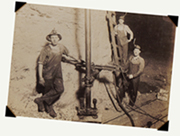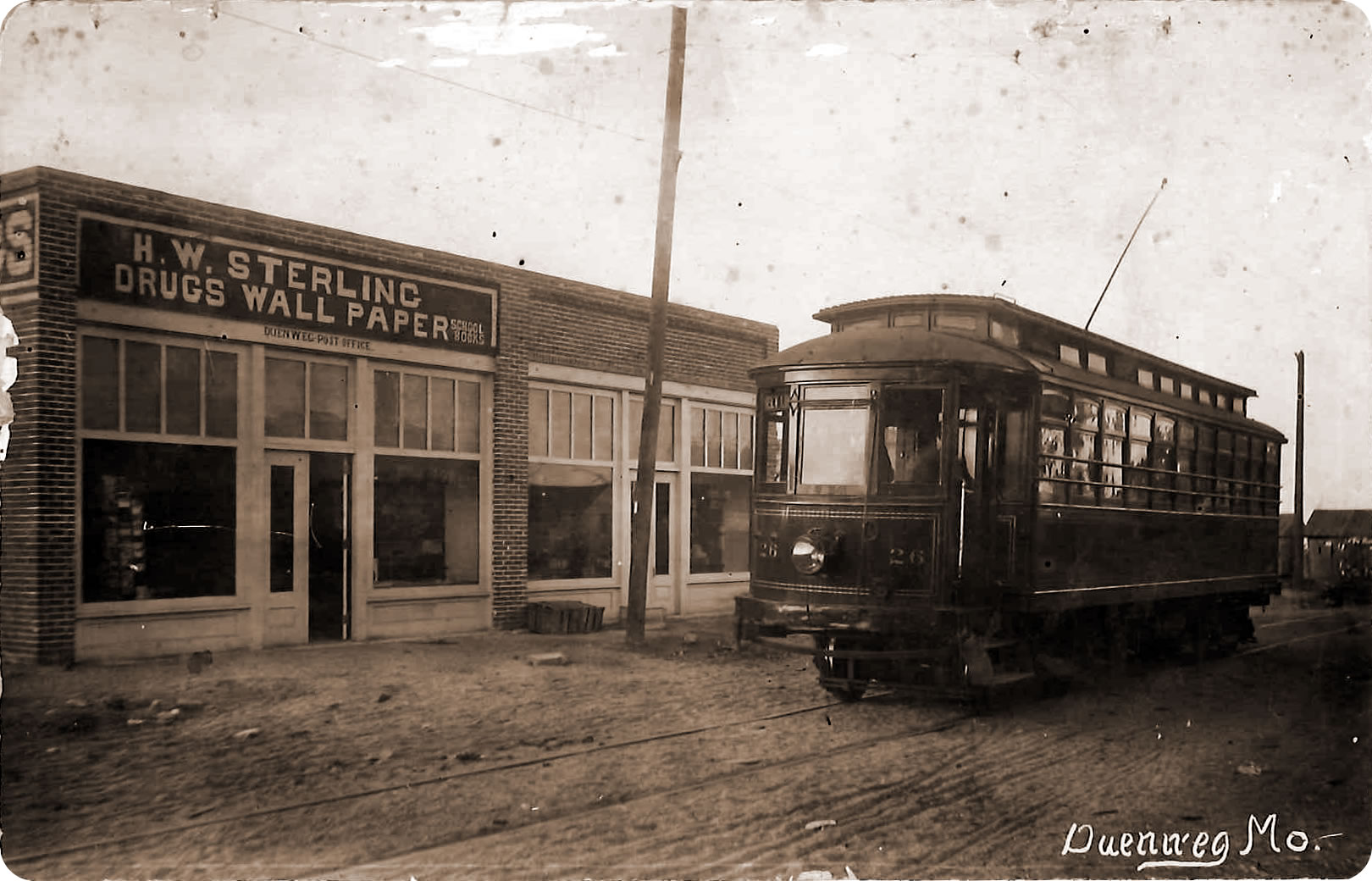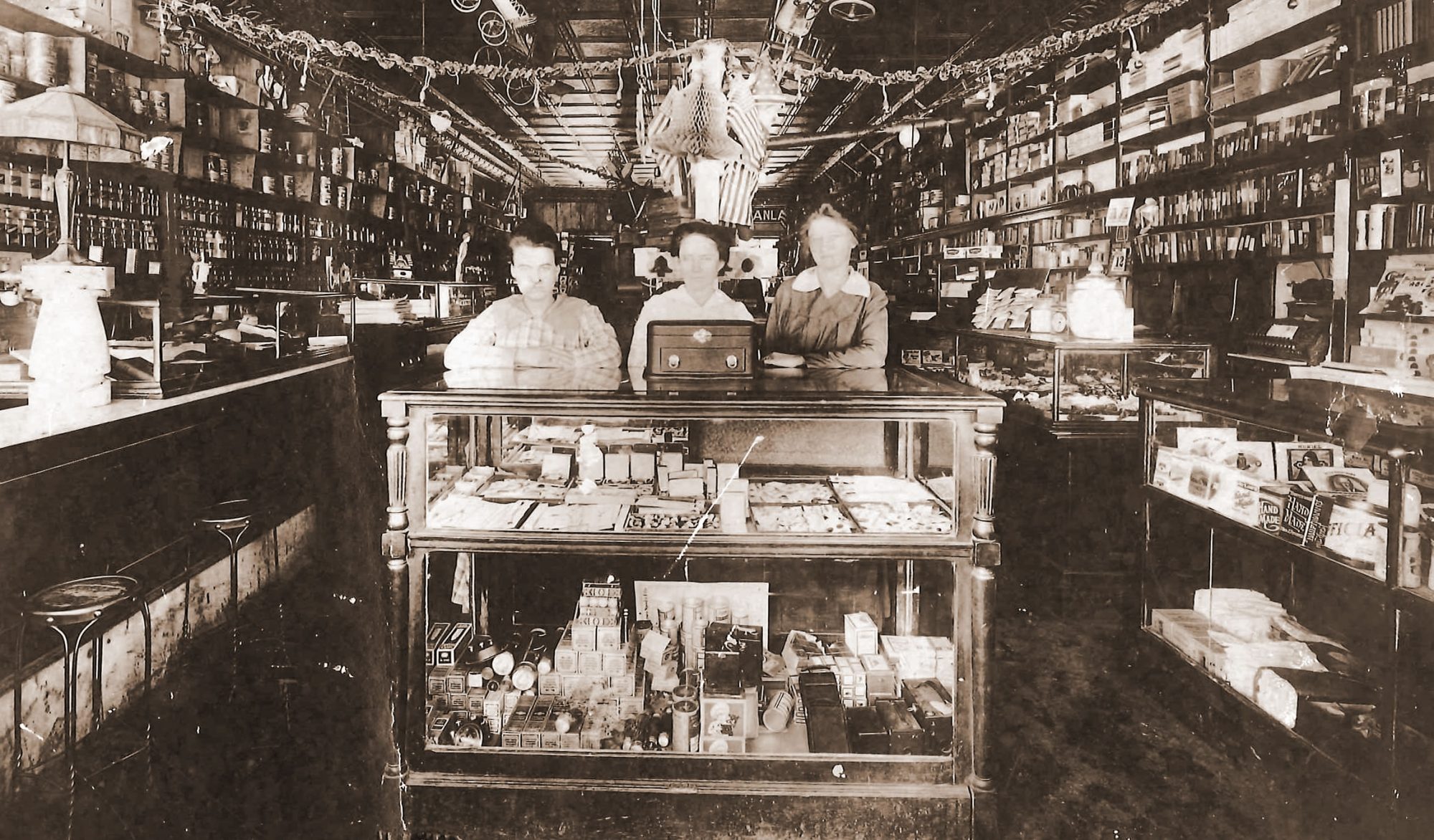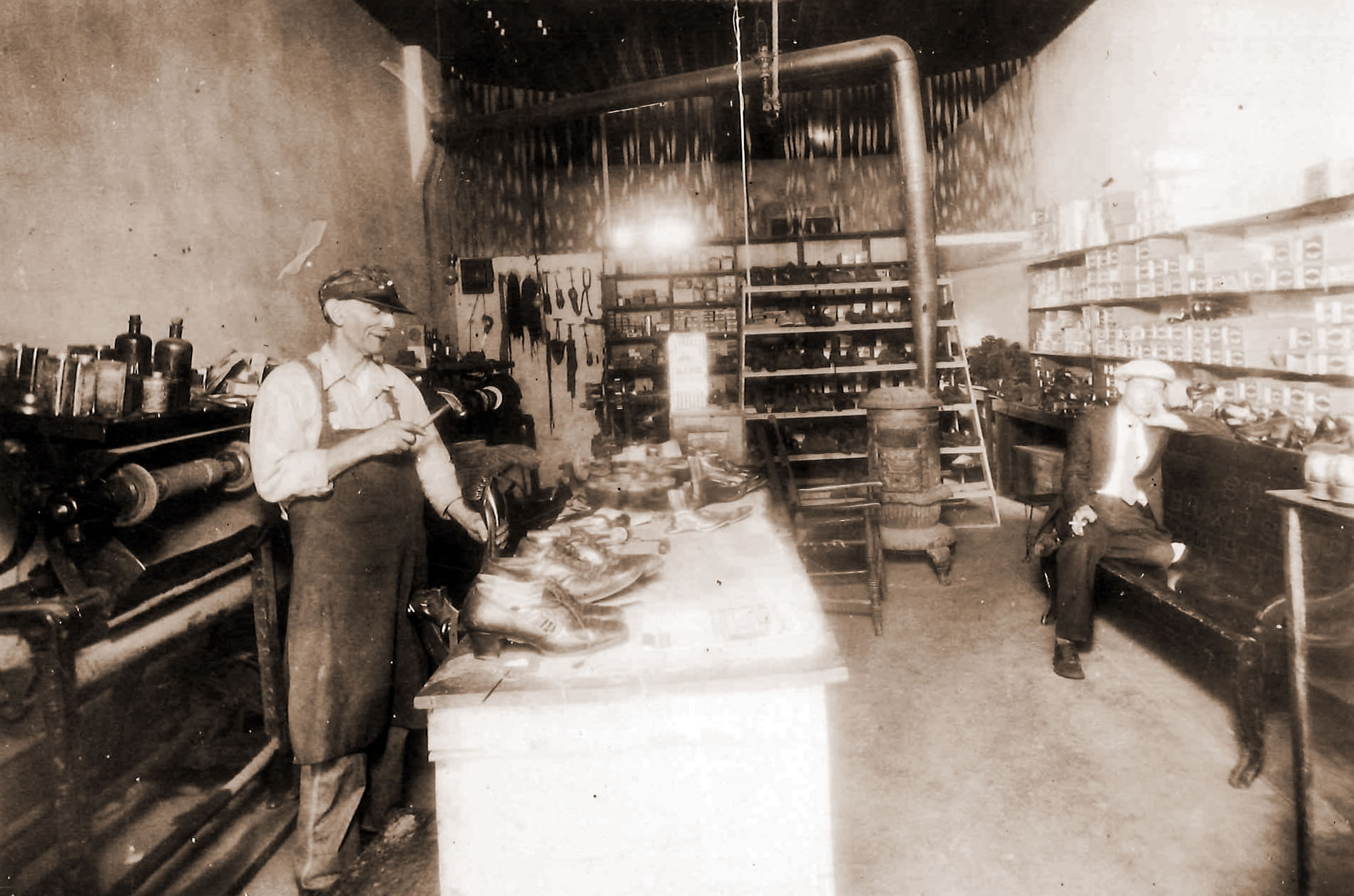The History of Duenweg, MO

The City of Duenweg boasts a rich and multifaceted history, rooted in its early beginnings as a lead and zinc mining community. The land on which Duenweg now stands has been inhabited since the time of the Osage Indians, who were known for their tall stature and peaceful disposition. The residents of Duenweg have historically emphasized strong moral values and a commitment to education, ensuring that every child in the community has access to quality learning opportunities.
In the year 1855, the foundation of the town was laid when two brothers, Elijah C. and James C. Webb, made their way from Overton County, Tennessee, to settle in the picturesque region of Southwest Missouri. They were soon joined by their nephews, Thomas C. and Solomon Webb, who also chose to build their lives in this new environment, contributing to the development and growth of the community. The town faced significant challenges during the Civil War, with approximately eight hundred men from the Duenweg area enlisting to fight for both the Union and Confederate forces, illustrating the complex allegiances and conflicts that characterized the period.
How Duenweg Got Its Name

The story of how Duenweg acquired its name is deeply intertwined with the region’s mining activities. Otto Duenweg and his father, Louis Duenweg, hailing from Terre Haute, Indiana, had a keen interest in the mining districts of Missouri since 1894. They initially made their financial mark in Aurora, Missouri, but their significant investment began in earnest with the opening of The Silver Dick mine in Center Valley, north of Webb City, in the same year.
In 1895, the Duenwegs turned their attention to a booming mining camp southeast of Webb City, where two local prospectors, G. P. Ashcraft and J. Allen Hardy, were making strides in developing rich lead deposits. The Duenwegs recognized the potential of this area and acquired several of the most promising mines. As a result, the mining camp was named “Duenweg,” paying tribute to the entrepreneurial spirit of the family that helped transform the landscape.
Tragically, Otto Duenweg, who was only 25 when the town was named after him, passed away just 13 years later on August 14, 1908, in Manitou Springs, Colorado, due to complications from emergency surgery. At the time of his death, he was on vacation with friends from Webb City, a testament to his life as a young yet dynamic figure in the burgeoning mining community.
The Duenweg Bank Robbery
A notable event that marked the town’s history was the Duenweg Bank robbery on February 17, 1915. Established in February 1912, the bank became the target of a brazen heist at around 11:40 a.m. The robbers made off with $1,806.50, having locked the bank’s cashier, F.B. Wilkinson, inside a vault. Despite his confinement, Wilkinson managed to free himself shortly after the robbery.
The robbers’ plan unraveled when they missed a streetcar by just one minute, which they hoped would expedite their escape to Joplin. Instead, they were forced to flee on foot. Thanks to quick action from local law enforcement and a posse of vigilant Duenweg citizens, the three men were apprehended about an hour later, one and a half miles southwest of town, hidden near a hedge fence.
Remarkably, less than four hours after the robbery, the suspects confessed and were quickly booked into the county jail at Carthage. Most of the stolen money was recovered during the arrests, while some was found later, discarded along the escape route.
Duenweg Becomes a City

Duenweg’s status as a town changed significantly on January 6, 1954, when a petition for incorporation was filed with the Jasper County Court. Key figures including Earl Cunningham, Harley Mac Needham, and Charles Little were among those advocating for the incorporation process. The court formally recognized Duenweg’s incorporation, marking it as a significant milestone in its governance and community structure.
The incorporation stipulations established a Board of Trustees composed of five members, with Charles Little, Melton Mitchell, Lloyd Rogers, Eugene Parker, and Harley Mac Needham selected to serve on that inaugural board. This board managed the town’s affairs until subsequent elections filled these roles according to legal guidelines. The incorporation documents were signed by key judicial figures of the time, including Frank V. Smith, the Presiding Judge, and other district judges, marking a historic shift in local governance.
Eugene (Gene) Parker was designated as Duenweg’s first mayor from that founding Board of Trustees. To date, only seven other individuals have been elected to serve as mayor of Duenweg, including notable names such as Earl Cunningham and Portor Johnson, with Donald Johnson briefly stepping in as Mayor Pro-tem following Earl Wayne Goddard’s resignation.


Notable Events
Duenweg’s history is a testament to the remarkable spirit and resilience of its citizens, woven together by tales of bravery and community commitment. One of the standout figures in this narrative is Gundar Dullum, who embarked on an adventurous expedition to Mexico in pursuit of the notorious bandit Pancho Villa, serving under the legendary General John J. “Black Jack” Pershing.
During the tumult of World War II, Duenweg’s own Private First Class Clarence Lee Evens distinguished himself through extraordinary acts of valor. With unwavering courage, he charged into enemy fire, valiantly neutralizing two Japanese machine gun nests. His exceptional bravery earned him the prestigious Navy Cross and a Purple Heart, securing his legacy as a symbol of heroism for generations to come.
In 1958, a group of eleven passionate individuals came together to establish the Duenweg Volunteer Fire Department. They proudly acquired a vintage 1941 fire truck, a testament to their dedication to serving and protecting their beloved community.
The year 2002 marked a significant turning point for Duenweg, as an annexation expanded its boundaries, paving the way for growth and new opportunities. Overall, the rich history of Duenweg showcases the indomitable spirit of its residents, as they confront challenges head-on and nurture a thriving, close-knit community.
